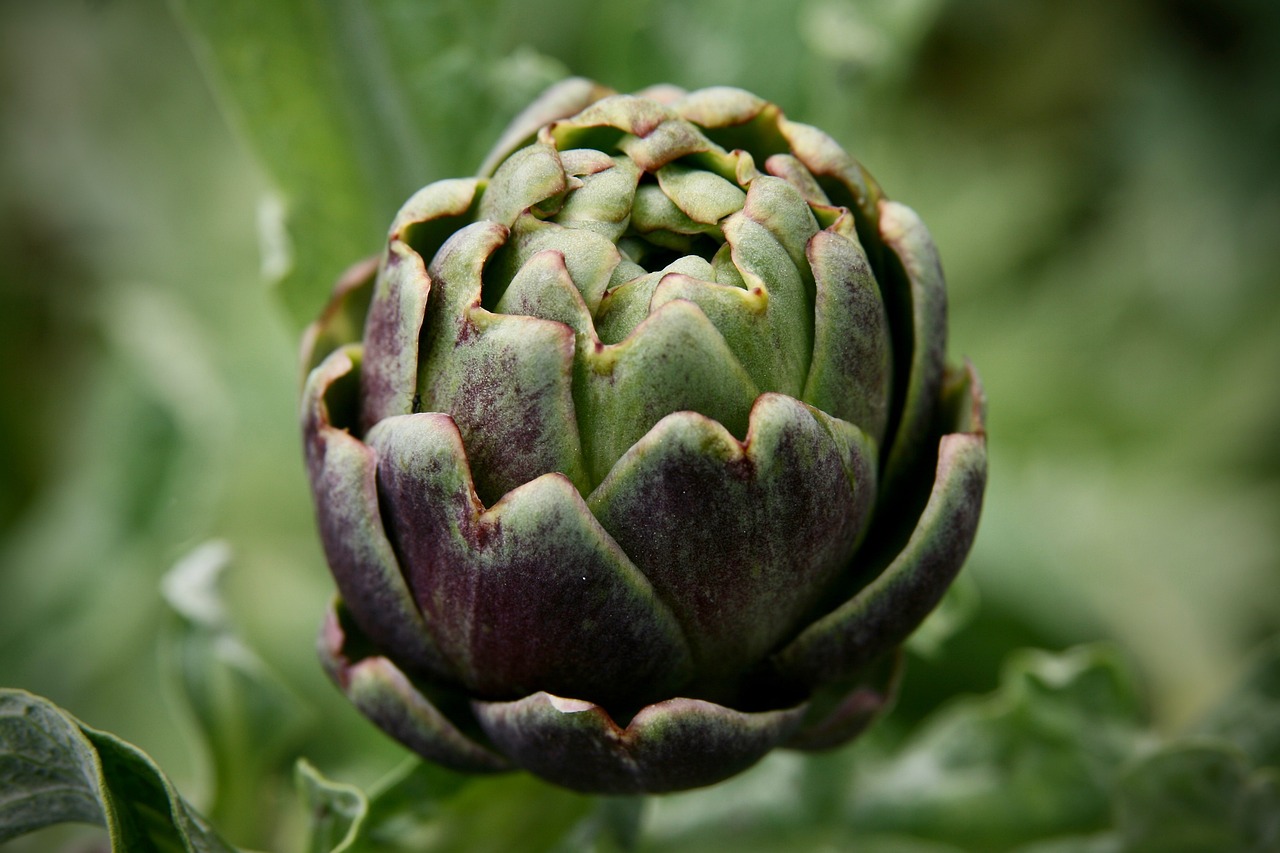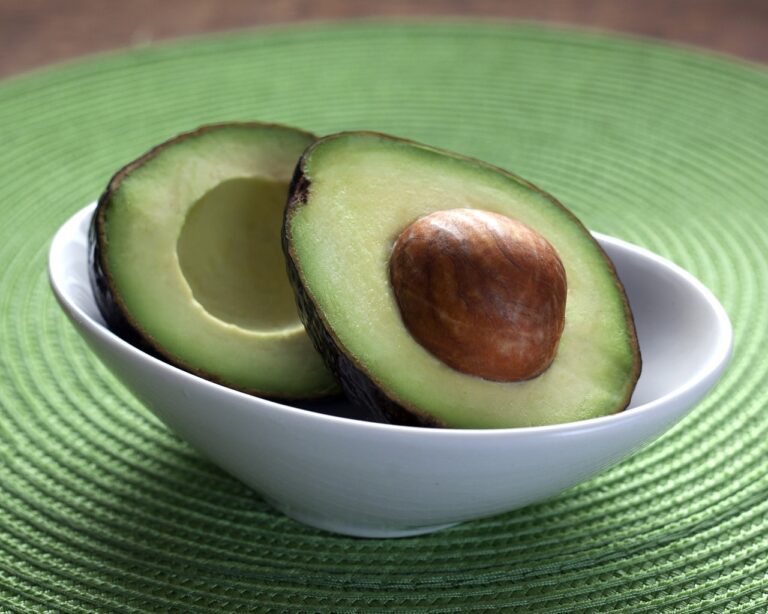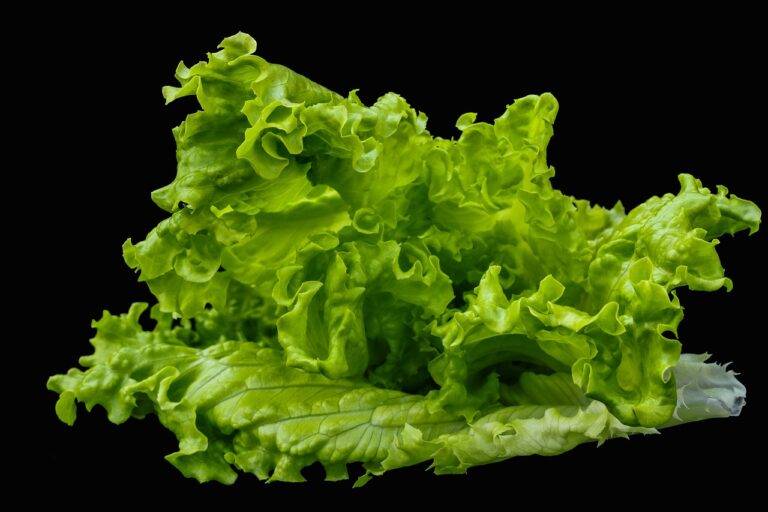Addressing challenges in scaling up fruit pulp and puree production for commercial markets: Allexchbet. Com, 99 exchange, Allpanel
allexchbet. com, 99 exchange, allpanel: Scaling up fruit pulp and puree production for commercial markets can be a daunting task for many businesses in the food industry. As demand for healthy and convenient food products continues to rise, there is a growing need for manufacturers to increase their production capacity to meet the needs of consumers. However, there are several challenges that must be addressed in order to successfully scale up fruit pulp and puree production for commercial markets.
One of the main challenges in scaling up fruit pulp and puree production is ensuring consistent quality. When increasing production volume, it can be difficult to maintain the same level of quality that customers expect. Factors such as variations in fruit quality, processing methods, and storage conditions can all impact the overall quality of the final product. To address this challenge, manufacturers must implement strict quality control measures at every stage of the production process. This includes sourcing high-quality fruits, maintaining cleanliness and hygiene in processing facilities, and conducting regular quality checks to ensure product consistency.
Another challenge in scaling up fruit pulp and puree production is managing supply chain logistics. As production volume increases, so does the complexity of sourcing raw materials, managing inventory, and coordinating distribution to customers. Manufacturers must have efficient supply chain management systems in place to ensure the timely delivery of products to market. This may involve working closely with suppliers to secure a steady and reliable source of fruits, optimizing production schedules to minimize inventory holding costs, and partnering with logistics providers to streamline distribution channels.
In addition to quality control and supply chain logistics, manufacturers also face challenges related to scaling up production capacity. Increasing production volume requires significant investments in equipment, infrastructure, and manpower. Manufacturers must carefully plan and budget for these capital expenditures to ensure a smooth and successful expansion of their operations. This may involve purchasing new processing equipment, upgrading existing facilities, and hiring additional staff to handle the increased workload. It is also important for manufacturers to consider factors such as energy efficiency, waste management, and regulatory compliance when scaling up production capacity.
Furthermore, scaling up fruit pulp and puree production for commercial markets requires effective marketing and sales strategies to attract new customers and retain existing ones. Manufacturers must differentiate their products from competitors, communicate the benefits of their products to consumers, and establish strong relationships with retailers and distributors. This may involve developing innovative packaging designs, creating engaging marketing campaigns, and offering competitive pricing to drive sales. Manufacturers must also be responsive to changing consumer preferences and market trends in order to stay competitive in the industry.
Overall, scaling up fruit pulp and puree production for commercial markets is a complex process that requires careful planning, strategic decision-making, and effective execution. By addressing challenges related to quality control, supply chain logistics, production capacity, and marketing strategies, manufacturers can successfully expand their operations and meet the growing demand for fruit-based products in the market.
FAQs:
1. How can manufacturers ensure consistent quality in fruit pulp and puree production?
Manufacturers can ensure consistent quality by sourcing high-quality fruits, maintaining cleanliness and hygiene in processing facilities, and conducting regular quality checks throughout the production process.
2. What are some key considerations in supply chain logistics for fruit pulp and puree production?
Key considerations in supply chain logistics include sourcing reliable raw materials, managing inventory efficiently, and coordinating distribution channels to ensure timely delivery to customers.
3. How can manufacturers increase production capacity for fruit pulp and puree?
Manufacturers can increase production capacity by investing in new processing equipment, upgrading existing facilities, and hiring additional staff to handle the increased workload.
4. What are some effective marketing strategies for fruit pulp and puree products?
Effective marketing strategies include differentiating products from competitors, communicating the benefits of products to consumers, and establishing strong relationships with retailers and distributors.
5. How can manufacturers stay competitive in the fruit pulp and puree market?
Manufacturers can stay competitive by being responsive to changing consumer preferences and market trends, developing innovative products and packaging designs, and offering competitive pricing to drive sales.







